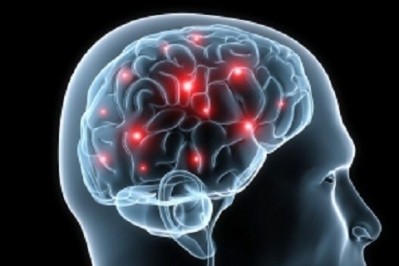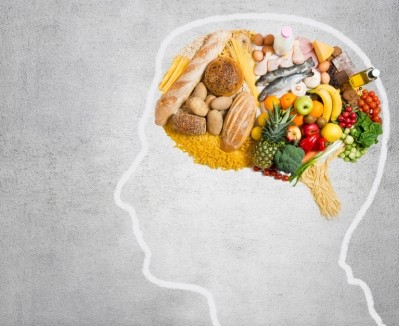Drinking beer could help ward off dementia, says study

Xanthohumol, a flavonoid present only in hops, has been identified by researchers from Lanzhou University in China as a ‘potential candidate for the prevention of neurodegenerative disorders.’
Previous studies have suggested oxidative damage to neuronal (ie brain) cells contributes to the development of such diseases.
Researchers now believe xanthohumol could protect these cells from oxidative damage and help slow the development of brain disorders.
Hops and Chinese medicine
Hops are widely used in beers. In traditional Chinese medicine, hops have been used to treat a number of ailments for centuries.
“Xanthohumol has attracted considerable interest because of its multiple pharmacological functions, including anti-oxidation, cadiovascular protection, anti-cancer and cancer chemoprevention, antivirus, anti-obesity, and anti-inflammation,” said Jianguo Fang, one of the researchers.
“The presence of a high concentration of xanthohumol in beers might be linked to the epidemiological observation of the beneficial effect of regular beer drinking.”
115.4m cases of dementia by 2050
Dementia – the deterioration in cognitive function – is ‘one of the major causes of disability and dependency among older people worldwide,’ according to the World Health Organisation. It projects there will be 115.4m people worldwide suffering from dementia by 2050.
Alzheimer’s disease is the most common cause of dementia and may contribute to 60-70% of cases.
Oxidative-stress occurs when a cell is exposed to more reactive oxygen compounds than it can degenerate. This can damage the cell. Oxidative-stress is linked to a number of diseases including Alzheimer’s.
The researchers synthesized xanthohumol and studied its neuroprotective function against oxidative-stress-induced neuronal cell damage in the neuronlike rat pheochromocytoma cell line PC12.
“Increasing evidence has supported that oxidative stress is a causal, or at least an ancillary, factor in the progressive degeneration of a subset of neurons (which is the pathologic hallmark of adult-onset neurodegenerative diseases),” said Fang.
“Surgical operation to replace the dying or dead neurons in these diseases has been demonstrated only with limited success. Therefore, pharmacological management intended to assuage the oxidative stress is one promising strategy to protect loss of neurons.
“We demonstrated that xanthohumol, as low as 0.1 μM, could significantly protect neuronal cells from oxidative insult. This concentration could be easily reached in vivo by daily intake of xanthohumol -containing products, such as beers.”
Title: ‘Xanthohumol, a Polyphenol Chalcone Present in Hops, Activating Nrf2 Enzymes To Confer Protection against Oxidative Damage in PC12 Cells’
J. Yao; B. Zhang; C. Ge; S. Peng; and J. Fang.
Source: Journal of Agricultural and Food Chemistry, January 14, 2015. DOI: 10.1021/jf505075n








